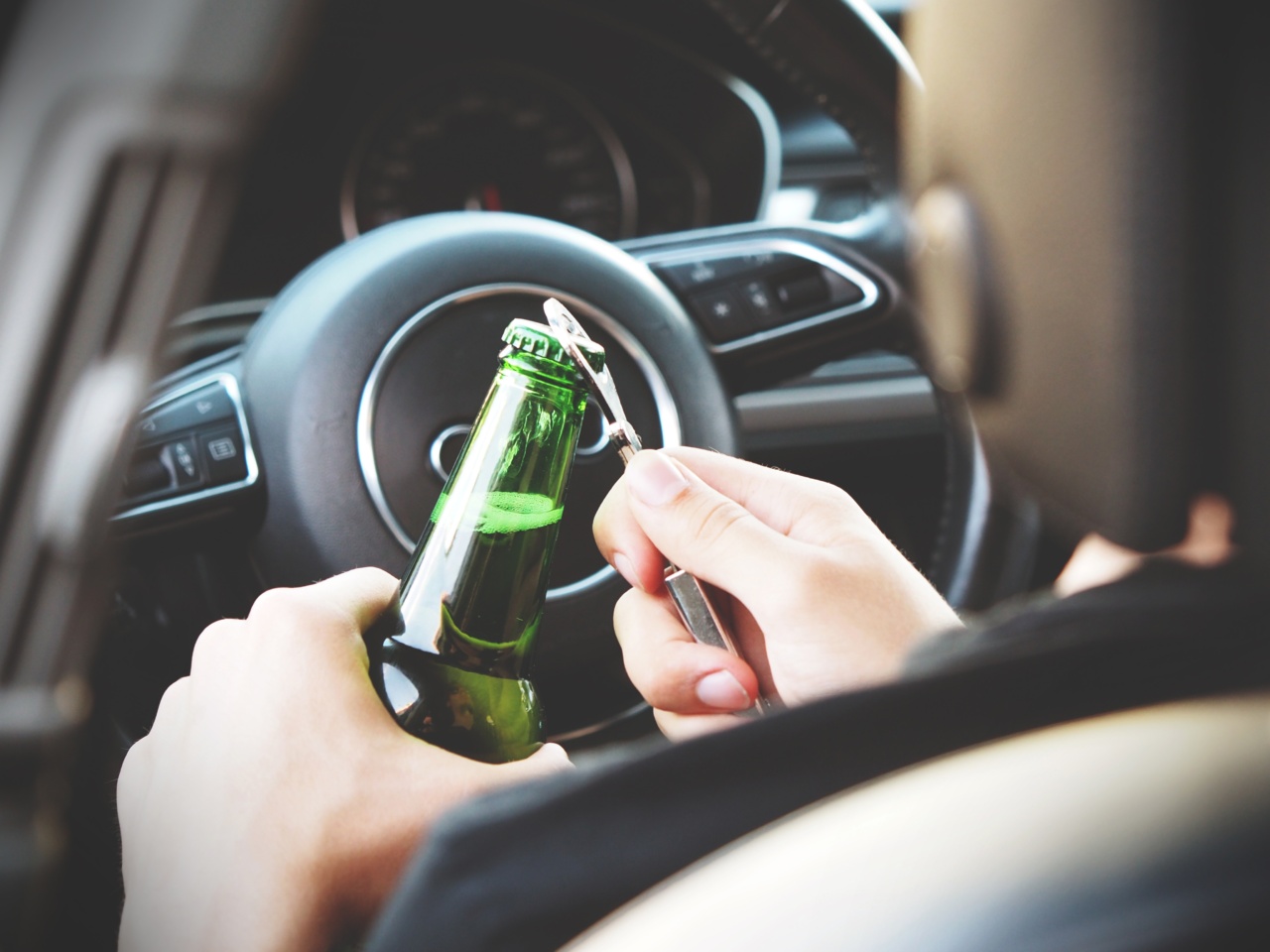Alcohol is a widely consumed psychoactive substance that is prevalent in many societies around the world. It can be enjoyed responsibly in moderate amounts, but excessive and uncontrolled consumption can lead to various health and social problems.
Learning how to control your alcohol consumption is essential for maintaining a healthy and balanced lifestyle.
The Effects of Excessive Alcohol Consumption
Excessive alcohol consumption can have detrimental effects on both physical and mental health. Some of the short-term effects include impaired judgment, decreased coordination, blurred vision, and slurred speech.
In the long term, it can lead to liver damage, cardiovascular diseases, addiction, mental health disorders, and even alcohol poisoning, which can be life-threatening.
Recognizing the Signs of Unhealthy Alcohol Consumption
It’s important to be able to recognize the signs of unhealthy alcohol consumption that may indicate you have a problem.
These signs can include a constant craving or preoccupation with alcohol, difficulty controlling the amount you drink, neglecting responsibilities due to drinking, experiencing withdrawal symptoms when trying to quit, and continued drinking despite negative consequences. If you or someone you know exhibits these signs, seeking help is crucial.
Setting Goals and Limits
One of the first steps in controlling your alcohol consumption is setting goals and limits for yourself.
Determine what is considered moderate drinking according to health guidelines, which is generally defined as no more than one standard drink per day for women and two for men. Establishing a personal limit will help you stay accountable and prevent excessive drinking.
Avoiding Triggers
Identifying and avoiding triggers that lead you to drink excessively is another crucial aspect of controlling alcohol consumption. Triggers can be situational, emotional, or even social.
It could be a specific place, people, emotions such as stress or sadness, or certain events. Recognizing these triggers and finding healthier alternatives or coping mechanisms will significantly aid in your journey towards controlling alcohol consumption.
Seeking Support
Controlling your alcohol consumption is not always an easy task, and seeking support from friends, family, or professionals is essential.
Reach out to your support network or consider joining support groups where you can share experiences, gain advice, and learn strategies for maintaining control over your drinking habits. Professional help from therapists or counselors who specialize in addiction can also provide the necessary guidance and tools for success.
Practicing Moderation
Moderation is key when it comes to alcohol consumption. If you choose to drink, it’s important to do so responsibly and in moderation.
Keep track of the number of drinks you have, pace yourself, and alternate alcoholic beverages with non-alcoholic ones. This will help you avoid overconsumption and reduce the risks associated with excessive alcohol intake.
Exploring Alternatives
If you find that alcohol has become a significant part of your social life or a coping mechanism, it’s important to explore alternative activities and hobbies.
Engaging in physical exercise, pursuing creative outlets, or participating in social events that do not revolve around drinking can help divert your focus from alcohol and create a healthier and more fulfilling lifestyle.
Practicing Mindfulness
Mindfulness techniques can be beneficial in controlling your alcohol consumption. Practicing mindfulness involves being fully present in the moment, accepting your thoughts and emotions without judgment.
It helps you become more aware of your desires and triggers related to alcohol and empowers you to make conscious choices that align with your goals of moderation and overall well-being.
Learning Stress Management Strategies
Alcohol consumption often goes hand in hand with stress relief for many individuals. Learning healthier stress management strategies can play a pivotal role in controlling your alcohol consumption.
Engaging in activities such as yoga, meditation, deep breathing exercises, or seeking professional help for stress management can provide healthier alternatives to cope with stress rather than turning to alcohol.
Creating a Supportive Environment
It’s crucial to create a supportive environment that aligns with your goals of controlling alcohol consumption. Surround yourself with people who are understanding of your journey and supportive of your decision to moderate your drinking.
Communicate your intentions to your close friends and ask for their support in avoiding situations that may tempt you to overindulge in alcohol.
The Journey to Controlled Alcohol Consumption
Controlling your alcohol consumption is a journey that requires commitment, self-awareness, and a willingness to make positive changes. Remember to be patient with yourself and celebrate small victories along the way.
By setting goals, avoiding triggers, seeking support, practicing moderation, exploring alternatives, practicing mindfulness, learning stress management strategies, and creating a supportive environment, you can regain control over your alcohol consumption and lead a healthier, more fulfilling life.































